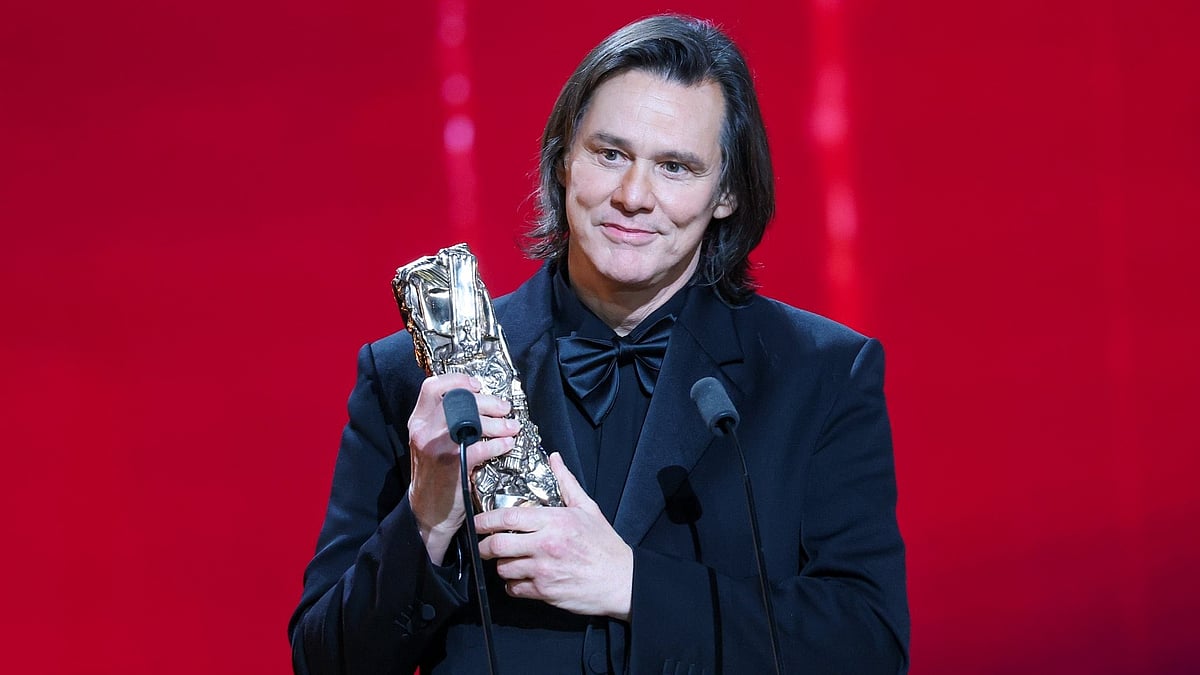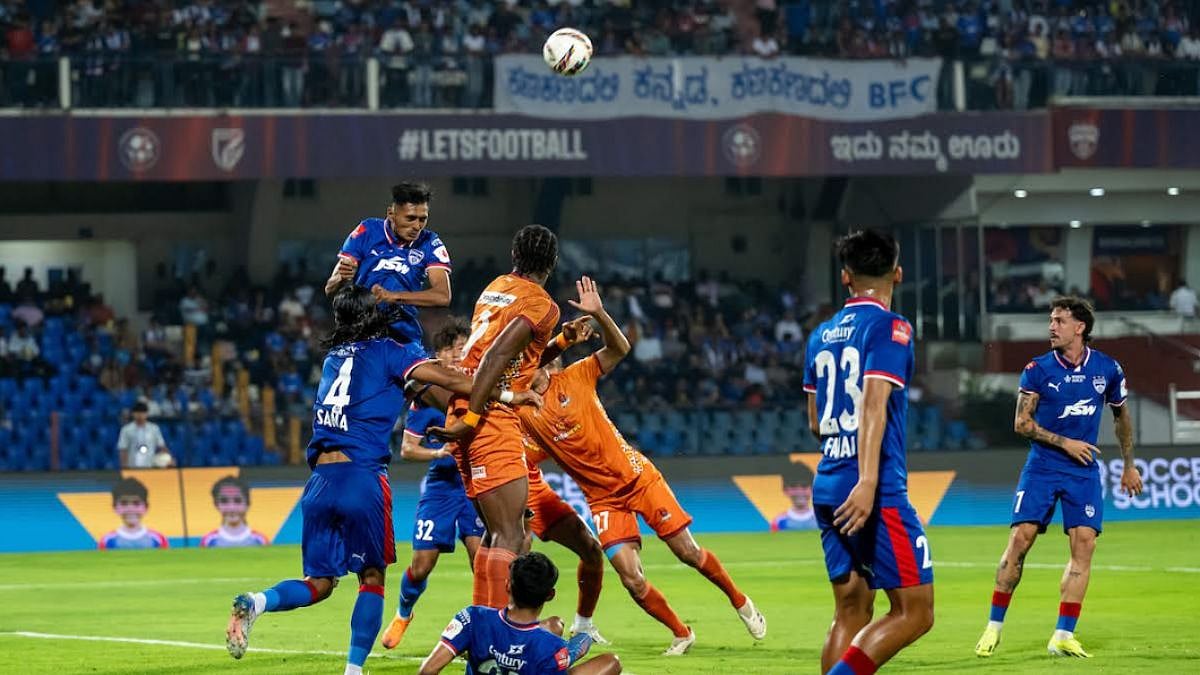New Delhi : The Narendra Modi government is likely to tell Supreme Court on Tuesday that there was no primacy of chief justice of India or that of judiciary in appointments to higher judiciary – a stand diametrically opposite to the position argued before the court in a batch of petitions challenging validity of the National Judicial Appointment Commission (NJAC).
There is no primacy of chief justice and the judiciary in the appointment of judges of higher judiciary, the government will tell the constitution bench, said informed sources, about the position that the government will take on Tuesday when its turn comes to address the court on the issue.
The government will tell the constitution bench of Justice Jagdish Singh Khehar, Justice J. Chelameswar, Justice Madan B. Lokur, Justice Kurian Joseph and Justice Adarsh Kumar Goel that the “concept of the primacy of judiciary is not either in the constitution nor does it affect the basic structure of the constitution,” a source said.
The government is also likely to contest the 1993 judgment – also known as second judges case – which had talked about the primacy of the judiciary (CJI and the collegium) in selection of judges, and held that the word “consultation” with CJI in article 124 would mean concurrence. This step has been indicated earlier by Attorney General Mukul Rohatgi.
The government position is in accord with the position taken by Rohatgi, who had told the court on April 28 that how in the interpretation of article 124 (establishment and constitution of Supreme Court), the “concept of primacy of judiciary was plucked in out of air”.
Contesting the arguments advanced by eminent jurists Fali Nariman, Ram Jethmalani, Rajeev Dhavan, Arvind Datar, activist lawyer Prashant Bhushan and others, the government will assail the working of the collegium system contending that its functioning was devoid of any rules and procedures and was opaque.




